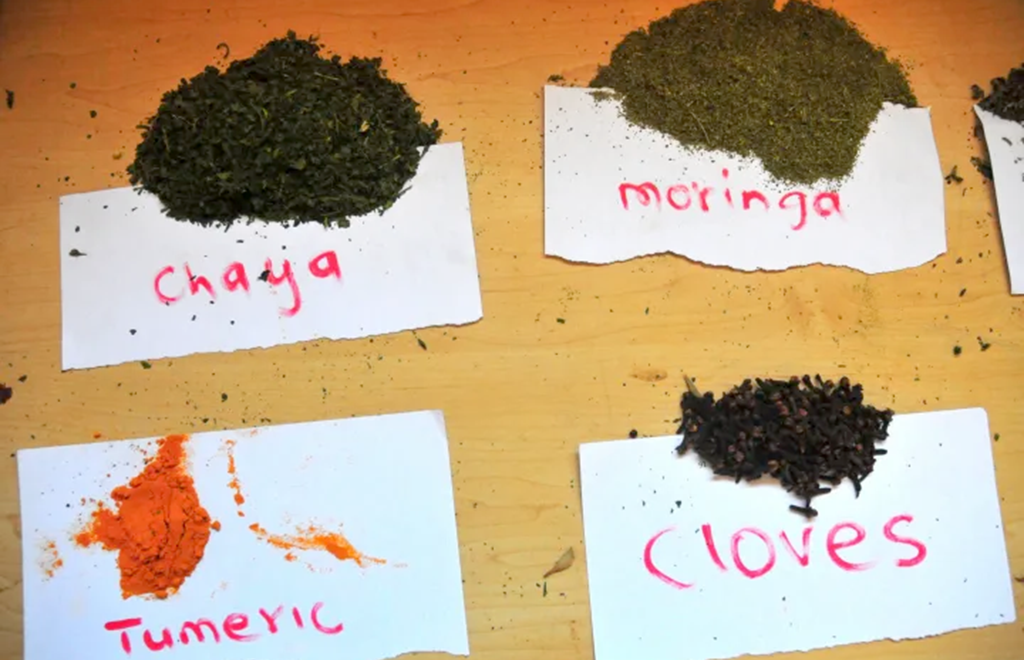In rural South Africa, farmers reap harvest of indigenous farming as they weather climate change
Communities are returning to traditional crops and opting for organic to reduce the environmental impact of agriculture and supplement their incomes.


It’s early December, yet the farms’ landscape in Onverwacht, near Polokwane in Limpopo, northeast South Africa, is a dull brown and dry. Red dust rises into the sky as a hot wind sweeps in the late morning. Usually, the land looks green at this time of the year, but the rains have not been good.
Frustrated farmer Rosa Ramaipadi, 58, is still hopeful, though. “We don’t have much rain, so we haven’t yet planted. But we still have a chance [if it rains] in late December,” says the agroecological farmer from her 12-hectare farm.
Ramaipadi is the president of Mzansi Climate Smart Agriculture, a network of rural-based small-scale and backyard farmers who engage in organic farming and permaculture to reduce their negative environmental impact.
“So far, we have more than 100 farmers, and I encourage them to do organic farming and plant their indigenous food and fruits,” Ramaipadi says.
The network also works to build a seed bank of indigenous crops. The seeds for crops such as millet, beans, vegetables, and herbs are distributed to farmers to increase their use.
“The indigenous crops are very resistant to drought,” says Ramaipadi. “That is why the old people planted them every year. Even though [sometimes] there was not too much rain,...



































![Safari Thorium Neo 8-Wheel Luggage Set Trolley Bags (Set of 3) at just Rs. 5,599 [MRP 29,100]](https://savefree.in/uploads/images/202409/image_870x580_66f63845060f0.webp?#)












![Handmade Brown Mango Wood Chopping Board At just Rs. 89 [MRP 599]](http://savefree.in/uploads/images/202303/image_870x580_641bf7e9c2206.jpg?#)



